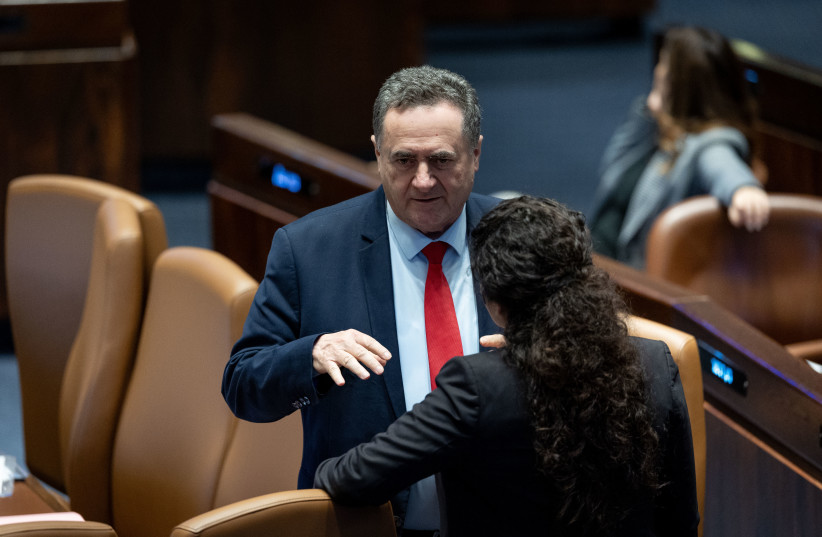Prime Minister Benjamin Netanyahu’s Office dismissed reports that it had accepted the call for a 21-day ceasefire issued overnight by the United States and France.
“The report about a ceasefire is incorrect,” the Prime Minister’s Office said in a statement it issued while Netanyahu was en route to New York to address the high-level session of the United Nations General Assembly.
“This is an American-French proposal that the Prime Minister has not even responded to,” the PMO stated.
It also rejected reports that as a result of the diplomatic initiatives, the IDF had scaled down the level of its military campaign to push Hezbollah back to the Litani River, a step that is mandated by United Nations Security Council Resolution 1701.
“The report about the purported directive to ease up on the fighting in the north is the opposite of the truth. The Prime Minister has directed the IDF to continue fighting with full force, according to the plan he presented.
“The fighting in Gaza will also continue until all the objectives of the war have been achieved,” the Prime Minister’s Office stated.

Israel's Foreign Minister Israel Katz wrote on X, formerly Twitter, on Thursday morning that "there will not be a ceasefire in the North.”
21-day ceasefire
The PMO spoke up hours after the United States and France called on Israel and Lebanon to accept a 21-day ceasefire to allow for a diplomatic resolution to the cross-border conflict that in recent weeks has threatened to spill over into an all-out war.
“We call for an immediate 21-day ceasefire across the Lebanon-Israel border to provide space for diplomacy towards the conclusion of a diplomatic settlement,” the two countries said.
It was endorsed by ten other countries and entities: Australia, Canada, the European Union, France, Germany, Italy, Japan, Saudi Arabia, the United Arab Emirates, and Qatar.
They called on Israel, the Iranian proxy group Hezbollah, and Lebanon to adhere to a settlement based on the UNSC Resolution 1701 that set out the ceasefire terms for the Second Lebanon War in 2006.
Such a step would necessitate Hezbollah pulling out of the area of southern Lebanon near the Israeli border and moving back to the Litani River. Hezbollah has long violated that resolution. Israel has been weighing the option of a ground campaign in southern Lebanon in addition to its current aerial one.
The US, France, and the additional ten countries also called for the implementation of the May 31 Gaza ceasefire and hostage deal that was endured by the UNSC under Resolution 2735.
“We call for an immediate 21-day ceasefire across the Lebanon-Israel border to provide space for diplomacy towards the conclusion of a diplomatic settlement consistent with UNSCR 1701 and the implementation of UNSCR 2735 regarding a ceasefire in Gaza,” the 12 countries said.
“We are then prepared to fully support all diplomatic efforts to conclude an agreement between Lebanon and Israel within this period, building on efforts over the last months that end this crisis altogether,” the 12 countries underscored.
A senior US official said that talks would be held during those 21 days for a diplomatic resolution, noting that it only involved the conflict with Hezbollah and did not include a Gaza ceasefire, even though steps were ongoing to finalize such a deal.
The official noted that it was expected that Israel and Lebanon would respond within hours to the call.
Lebanon's leader Mikati welcomed the call for a truce but said the key to its implementation was whether Israel, which has been moving troops closer to Lebanon, is committed to enforcing international resolutions.
Asked if a ceasefire could be secured soon, Mikati told Reuters: "Hopefully, yes."
Reuters contributed to this report.
